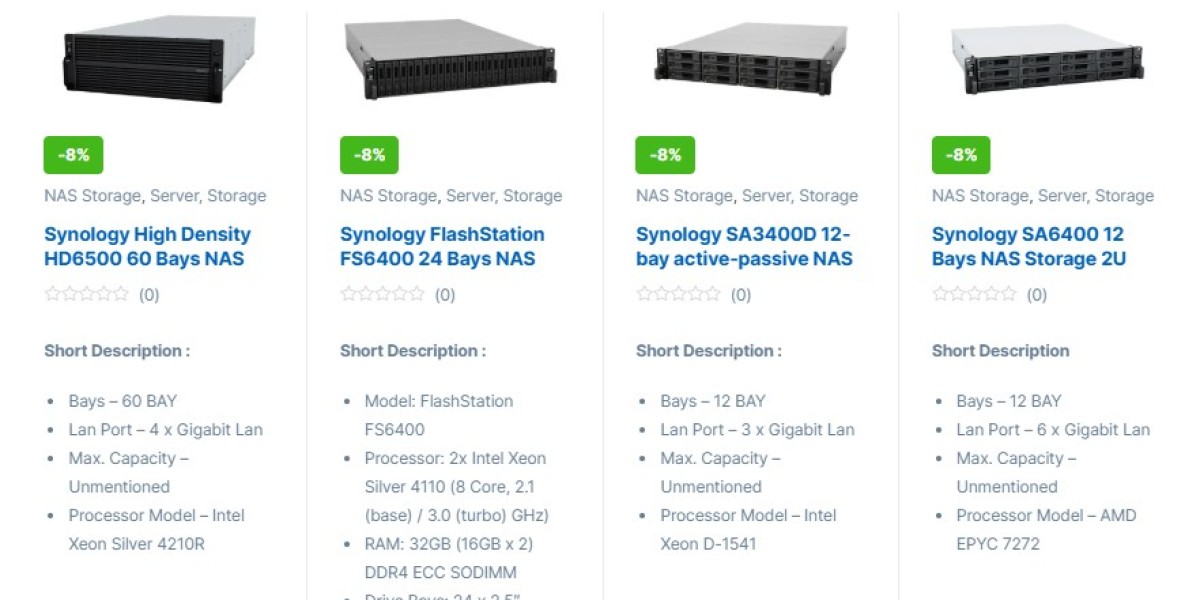Virtual environments have become a cornerstone of modern IT infrastructure, allowing businesses to run multiple applications on a single server. Synology NAS and QNAP NAS are both excellent options for managing virtual environments, but they differ in their approach and features. This article compares the two brands to help you decide which NAS is better suited for your virtualization needs.
Synology NAS: Simplified Virtualization
Synology NAS is renowned for its user-friendly approach to virtualization. Its Virtual Machine Manager (VMM) allows users to create and manage virtual machines effortlessly. With support for Windows, Linux, and Virtual DSM, businesses can run multiple operating systems on a single Synology NAS device.
Synology’s VMM also integrates seamlessly with Docker, enabling developers to deploy and manage containerized applications. This makes Synology a popular choice for small to medium-sized businesses looking to streamline their virtual environments without extensive IT expertise.
For cost-effective virtualization solutions, check out Synology NAS Price in Bangladesh to find a device that fits your needs.
QNAP NAS: Advanced Features for Power Users
QNAP NAS, on the other hand, is designed for users who require advanced virtualization capabilities. Its Virtualization Station supports a wide range of virtual machines, including VMware, Citrix, and Microsoft Hyper-V. This makes QNAP an excellent choice for larger organizations with complex IT requirements.
In addition to Virtualization Station, QNAP offers Container Station, which combines LXC and Docker virtualization technologies. This dual-container solution provides unparalleled flexibility for developers and IT administrators, making it easier to test and deploy applications.
To explore powerful options for virtualization, visit QNAP NAS Price in Bangladesh for the latest devices.
Performance and Scalability
Both Synology and QNAP NAS devices are equipped with powerful hardware to handle virtual environments. Synology focuses on simplicity and efficiency, making it ideal for smaller setups. However, QNAP offers more scalability with options for adding GPUs and NVMe SSDs, ensuring that the device can handle resource-intensive applications with ease.
Cost and Value for Money
When it comes to pricing, Synology NAS devices are generally more affordable, making them a good choice for budget-conscious users. QNAP, while slightly more expensive, offers advanced features that justify the cost for businesses with demanding virtualization needs.
Conclusion: Choosing the Right NAS for Virtual Environments
The choice between Synology NAS and QNAP NAS ultimately depends on your requirements. Synology is perfect for small to medium-sized businesses looking for simplicity and efficiency, while QNAP is better suited for larger organizations that need advanced features and scalability. Explore Synology NAS Price in Bangladesh and QNAP NAS Price in Bangladesh to find the ideal NAS for your virtualization needs.










